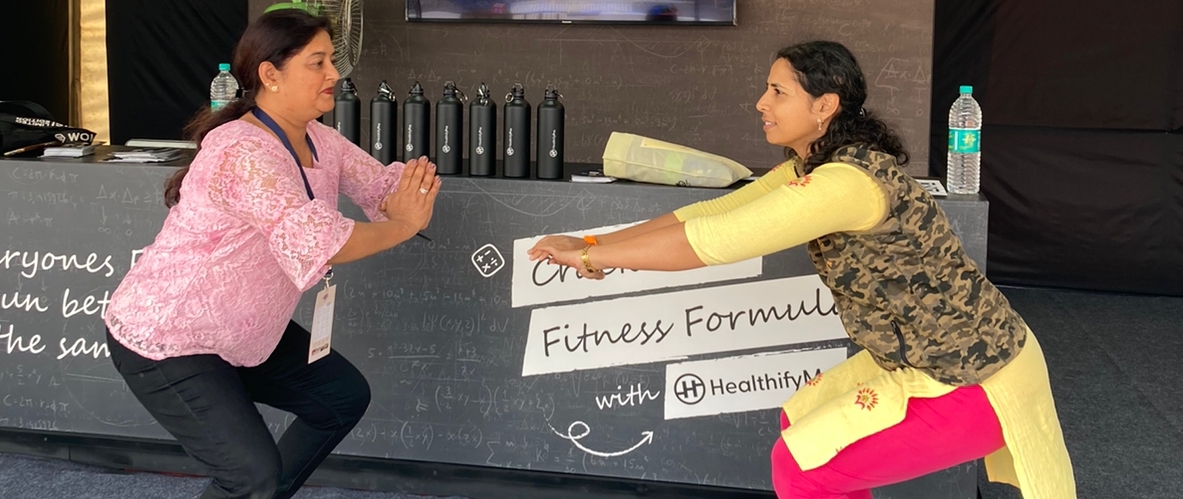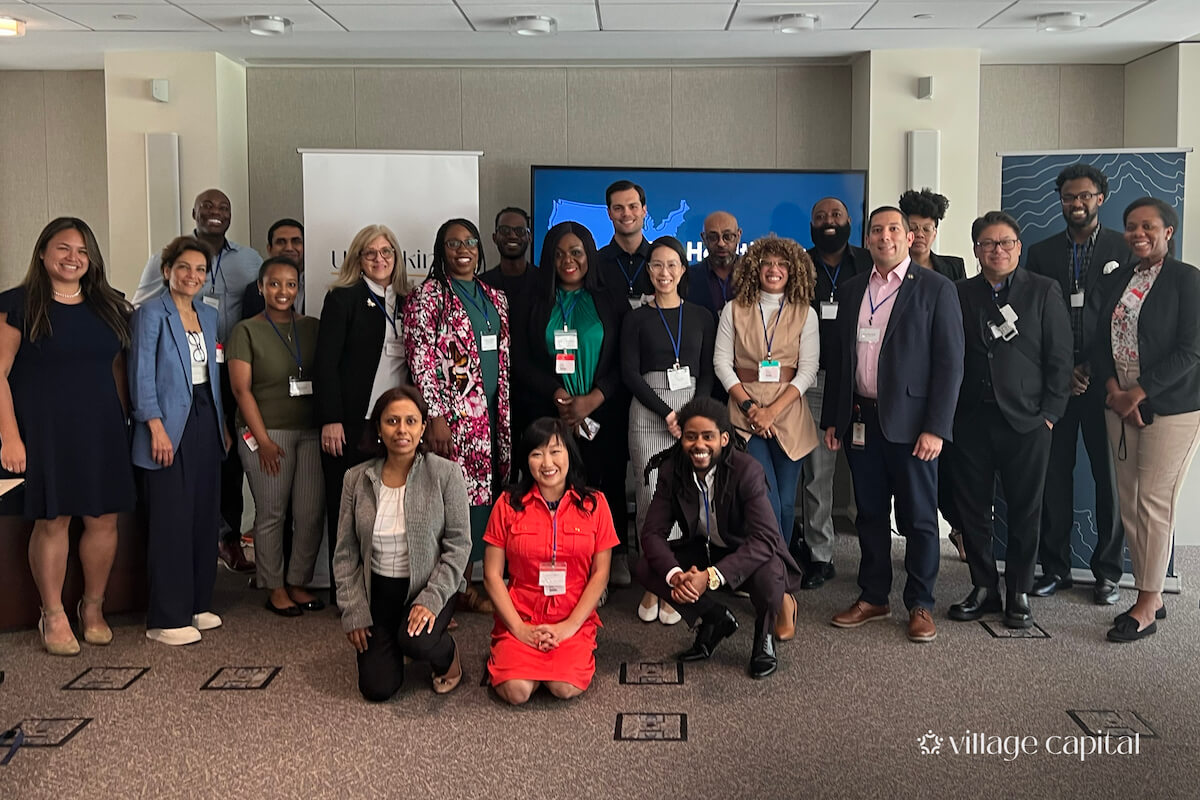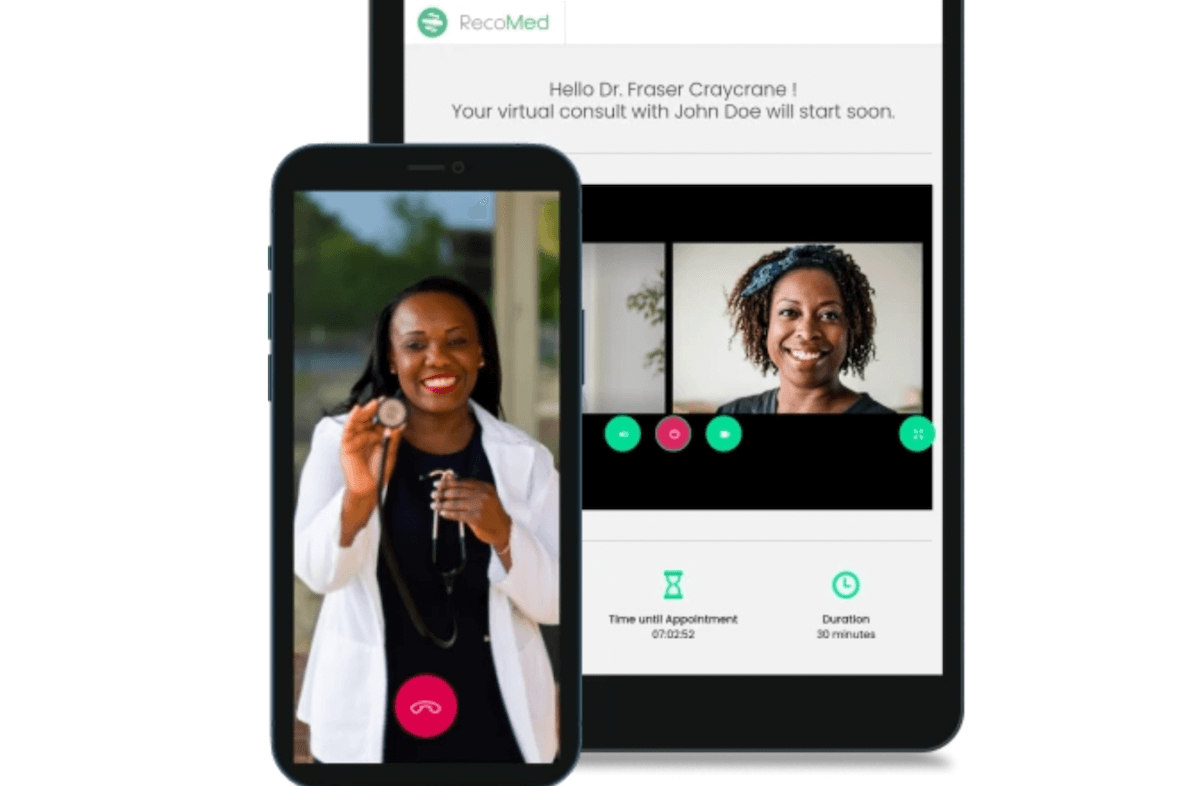ImpactAlpha, June 8 – HealthfiyMe wants to democratize nutrition access in regions with rising rates of chronic disease and inequitable access to preventative services. The 11-year-old company’s app offers AI-based health and fitness advice in 10 languages to more than 25 million users in India, South and Southeast Asia, and North America. It is integrating generative AI into its app to broaden personalized recommendations to users.
HealthifyMe has raised $30 million in debt and equity, led by LeapFrog Investments and Khosla Ventures. Both investors backed the company’s $75 million Series C round in 2021.
Unilever, Blume and Chiratae Ventures and Healthquad also reupped in the latest round.
Market need
Obesity and “lifestyle” diseases like diabetes and heart disease kill more than five million people in India per year and could cost the country more than $2 trillion by 2030. Founders Tushar Vashisht, Mathew Cherian and Sachin Shenoy launched HealthifyMe after working on India’s biometric ID system and witnessing malnutrition in impoverished regions. More than 60% of Indians live below the international poverty line. The founders experimented with living on a budget of 100 rupees ($1.25) per day.
Impact investor LeapFrog projects HealthifyMe will become a billion-dollar company by 2026, largely by expanding its base of low-income users. About 80% of its users qualify as low-income, more than half are women, and 60% are based outside of major cities.
LeapFrog has helped HealthifyMe set its low-income customer targets and boost ESG and impact measurement and management practices.
Health tech
India’s health tech founders are starting to see a small funding uptick in recent months after a difficult year. The sector received just 8% of VC funding in India last year and even less in this year’s first quarter.
“The healthcare industry is slow to change, relationship-driven, highly regulated, and complex to navigate for new entrants,” observed Sunil Wadhwani of VC firm W Health Ventures. “The rules of building fast-paced technology startups seldom apply when you’re dealing with people’s lives and the resulting need for regulation.”
W Health this week backed healthcare venture builder 2070 Health’s $30 million investment round.











